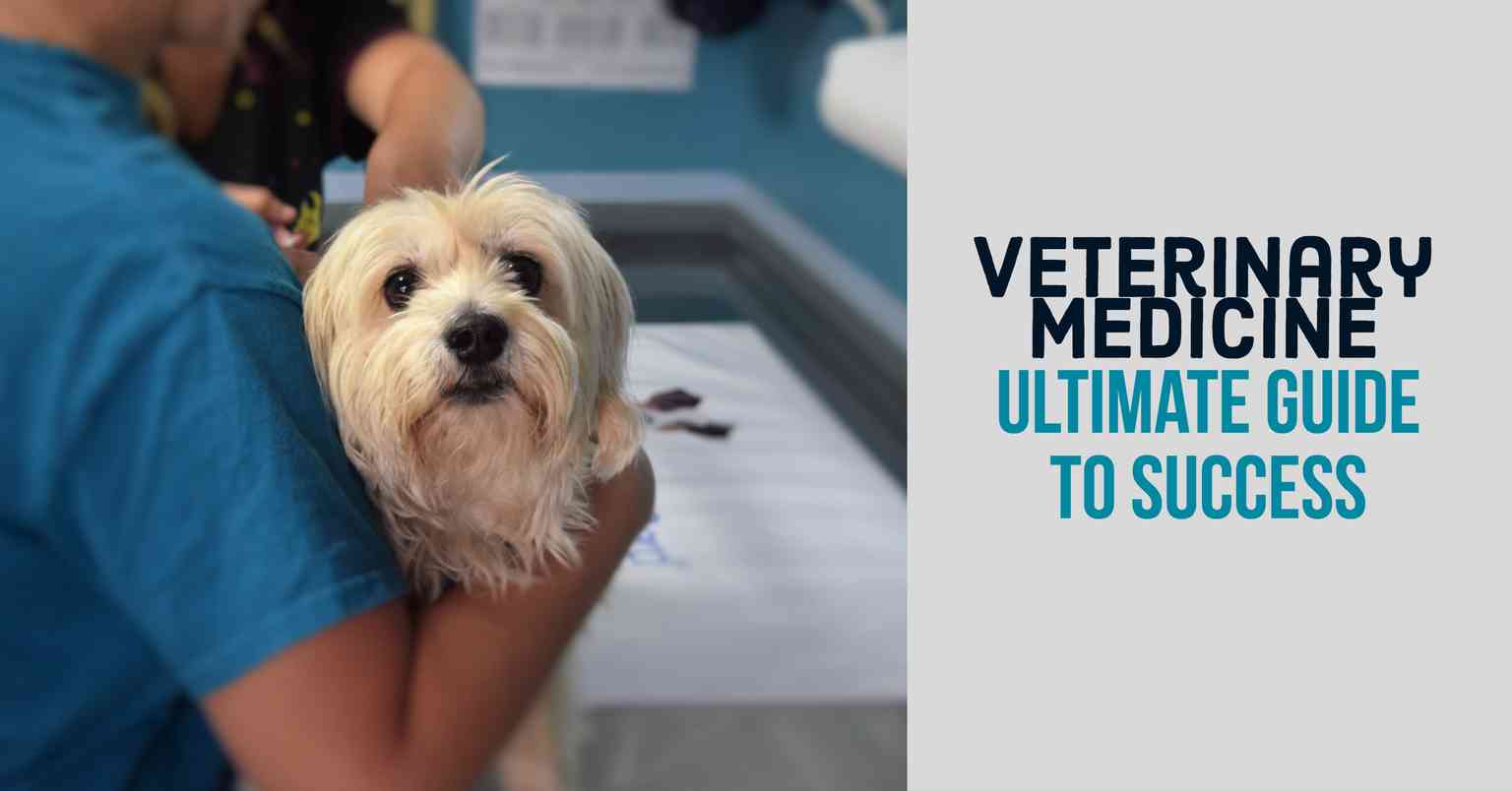

Veterinary medicine Course Overview
The course requires at least four years of full-time academic and clinical study. Most students will specialise and you can advance to professional competence in selected veterinary science disciplines through further postgraduate studies and practical training. Through your course, you will be encouraged to develop an interest in issues such as animal welfare and food safety, or other wider social and environmental issues.
What will you study?
The curriculum covers normal and abnormal structures and functions of the animal body, as well as techniques and methodologies for the diagnosis, and treatment and prevention of animal diseases. including those transmissible to humans.
Core subjects
Animal pain and its control; animal physiology; animal therapy; cellular and molecular pharmacology; immunology; parasitology; pathogenic bacteriology and mycology; surgical principles and veterinary surgery; toxicology.
Typical course duration
Veterinary medicine or science degrees usually take at least five years to complete.
Prerequisites
Prior study of and good grades in chemistry and biology, plus another science or mathematical subject, are required.
What do graduates do?
To practise as a vet in Malaysia, you have to graduate from a university approved by the Malaysian Veterinary Council (MVC) and subsequently register with the council as a veterinary surgeon.